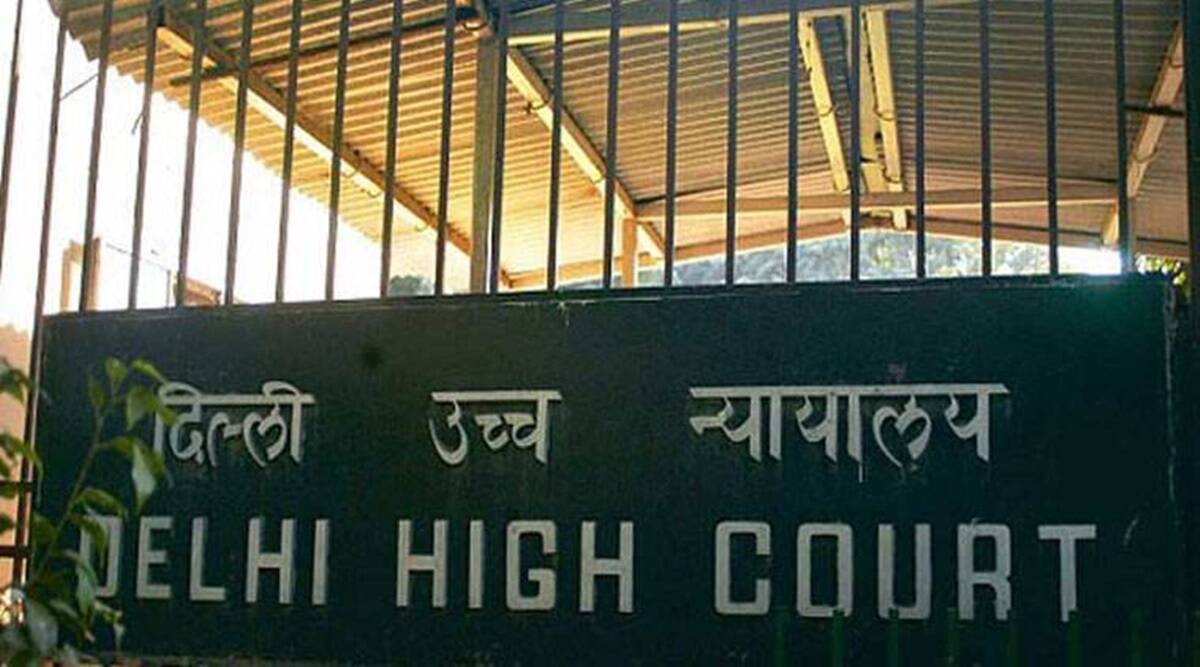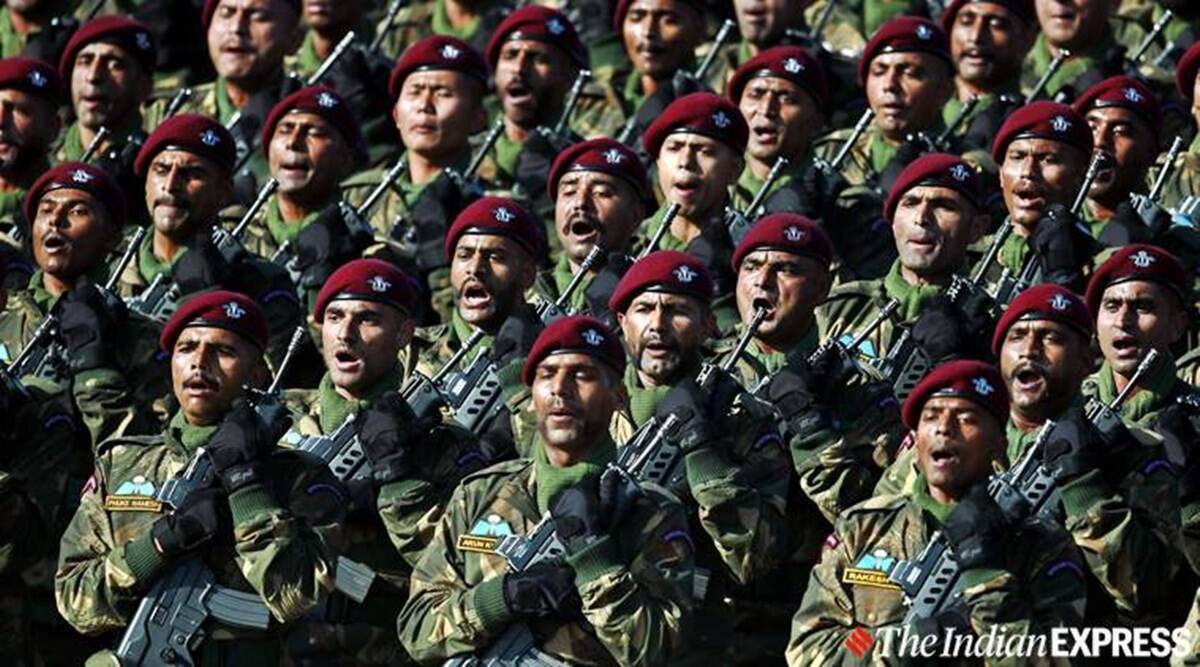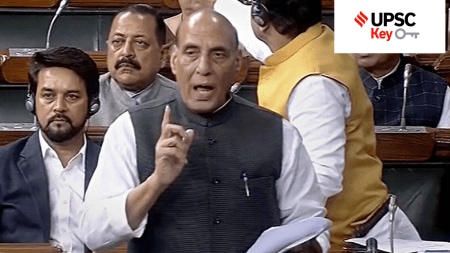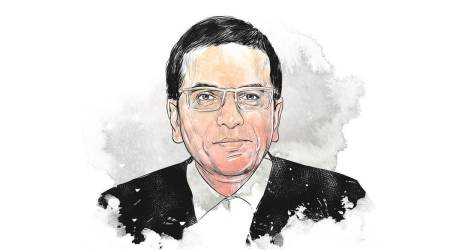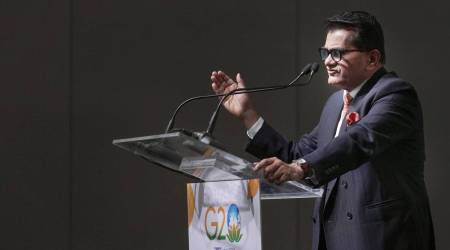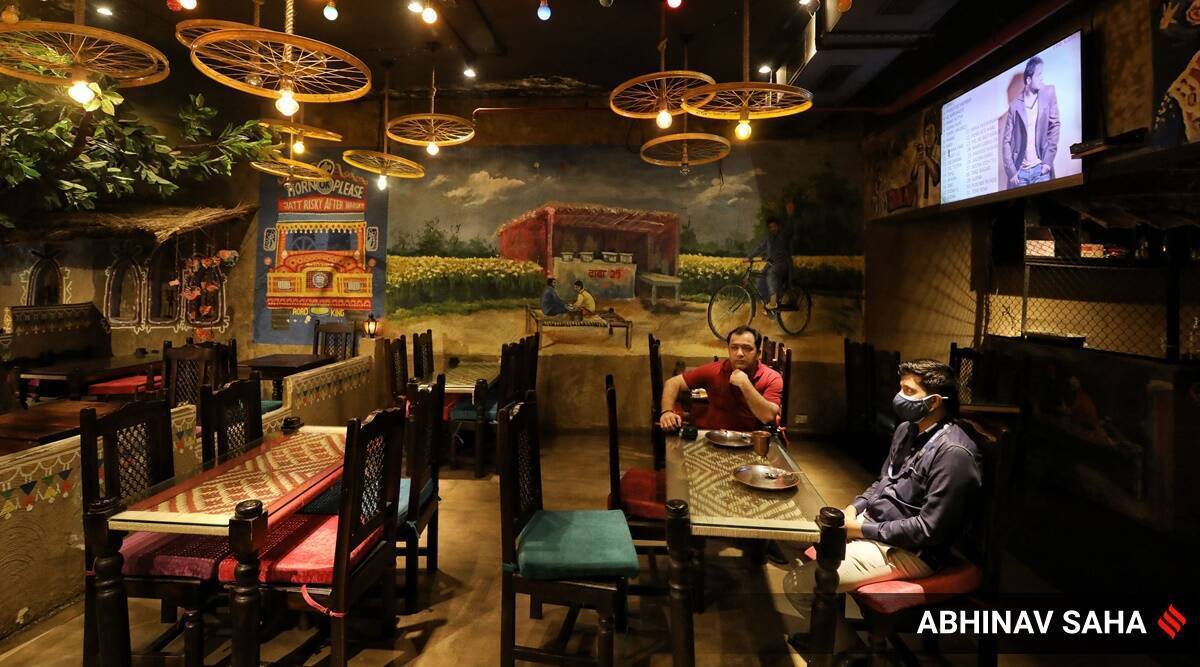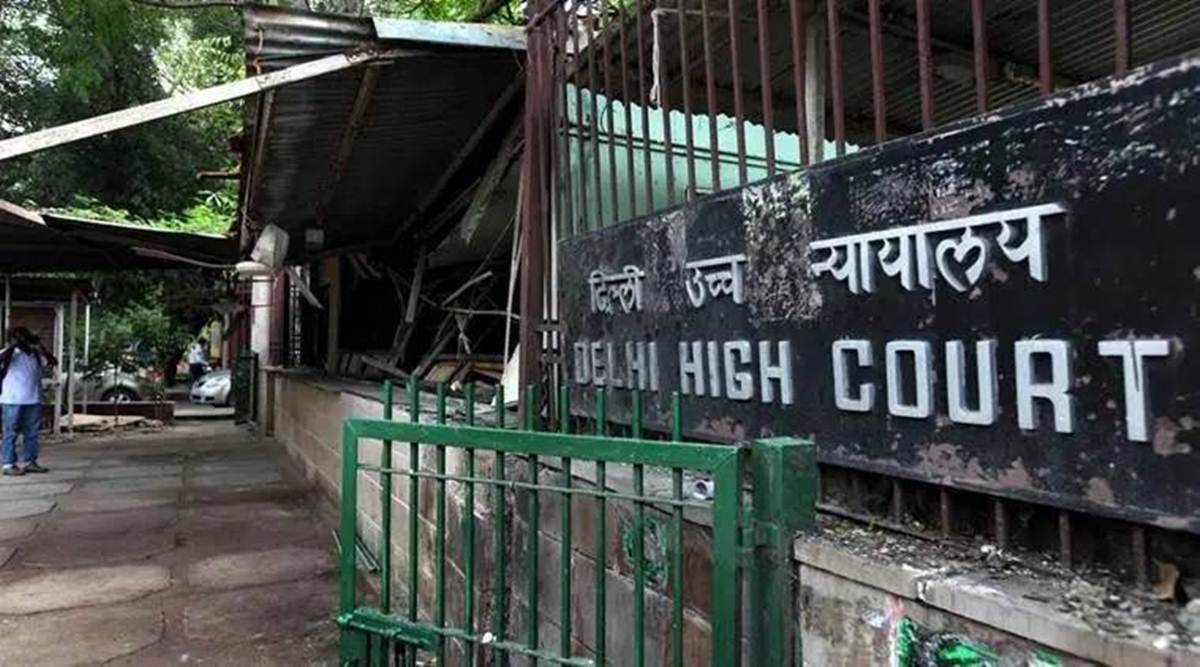The Delhi High Court on Wednesday asked the Centre to justify different pay scale of ‘Agniveers’ and regular sepoys in the Indian Army if their job profile is same.
As the counsel for the central government responded that ‘Agniveer’ is a different cadre from the regular cadre of armed forces, the high court said, “different cadre does not answer job profile, the question is work and responsibility.” “If the job profile is same, then how you justify different pay? A lot will depend on the job profile. Get instructions on this and put it on an affidavit,” a bench of Chief Justice Satish Chandra Sharma and Justice Subramonium Prasad told Additional Solicitor General Aishwarya Bhati who was representing the Centre.
The law officer responded that as ‘Agniveer’ cadre is separate from the regular cadre, their terms and conditions and responsibilities are also different from sepoys (soldiers).
She said the responsibility can’t be the same and even work of Agniveers and general cadre is not same.
“Agniveer cadre has been created as a separate cadre. It will not be counted as a regular service. After serving as an Agniveer for four years, if he or she volunteers and is found fit then his journey in the regular cadre begins,” Bhati submitted.
She said for the first time, young girls are being taken in armed forces as Agniveers.
When a counsel for one of the petitioners said it was being done without medical test, the bench shot back, “Don’t you think you should welcome this step. Girls are also coming in this, it is a welcome step.” Defending its Agnipath scheme, the Centre said a large amount of study has gone into this policy and it was not a decision which was taken lightly and the Union of India was mindful and cognisant of the situation.
The Central government, which was responding to a batch of petitions challenging its Agnipath scheme, said it was working on the scheme which will enhance the morale of the youth and also on skill mapping of Agniveers.
The ASG said Indian armed forces are the most professional armed forces in the world and they should be given much bigger leeway when they are taking such big policy decisions.
Bhati said numerous consultations, both internal and external, were carried out during the past two years and a number of meetings and consultations over many hours have also been held with the stakeholders.
The bench, which concluded hearing arguments on pleas directly challenging the Agnipath scheme, will continue hearing on Thursday submission on those petitions concerning the recruitment processes for the armed forces under certain previous advertisements.
The Centre further said that below the officers’ post, now Agniveer is the only way to join armed forces at soldiers’ level and only medical section has been kept out of it.
Advocate Prashant Bhushan, appearing for the petitioners in a petition concerning cancellation of the recruitment processes for the armed forces under certain previous advertisements, said he has not challenged the Agnipath scheme as he was not sure whether proper consultations took place or not.
He said the recruitment process in which his clients had applied for were almost complete and only call letters had to come but initially it was delayed and later the authorities cancelled the process after announcement of Agnipath scheme.
“They kept telling us that they are going to do it, it was delayed due to COVID or some administrative issues. We decided to forego other appointment letters by BSF and others because we were certain that this recruitment (in the Indian Air Force) is going to happen but the authorities cancelled it. It is arbitrary to stop the recruitment at this stage,” he argued.
On December 12, the bench had asked the petitioners who have challenged the Centre’s short-term military recruitment scheme Agnipath as to which of their rights have been violated and said it was voluntary and those having any problem should not join the armed forces under it.
The high court had said the Agnipath scheme has been formed by experts in Army, Navy and Air Force and judges were not military experts.
The Agnipath scheme, unveiled on June 14, lays out rules for the recruitment of youths in the armed forces.
According to these rules, those between 17-and-a-half and 21 years of age are eligible to apply and they would be inducted for a four-year tenure. The scheme allows 25 per cent of them to be granted regular service subsequently. After the scheme was unveiled, protests erupted in several states against the scheme.
Later, the government extended the upper age limit to 23 years for recruitment in 2022.
One of the petitioner’s counsel had said that after being recruited under the scheme, the Agniveers will have life insurance of Rs 48 lakh in case of contingency which is much less than the existing one.
Whatever the armed forces personnel are entitled to, these Agniveers will get them only for four years, the counsel had argued, adding that if the service would have been for five years, they would have been entitled to gratuity.
The counsel had contended that after four years of service, only 25 per cent of the Agniveers will be considered for being retained in the force and there is no backup plan for the rest of the 75 per cent.
The Centre had earlier filed its consolidated reply to several petitions against the Agnipath scheme as well as those concerning the recruitment processes for the armed forces under certain previous advertisements and has said there was no legal infirmity in it.
The government submitted that the Agnipath scheme was introduced in the exercise of its sovereign function to make national security and defence more “robust, “impenetrable” and “abreast with changing military requirements”.
One of the petitions before the high court has sought a direction to the armed forces to resume the recruitment process which has been cancelled due to the introduction of the Agnipath scheme and prepare the final merit list after conducting a written examination within a stipulated time.
Earlier, the Supreme Court had asked the high courts of Kerala, Punjab and Haryana, Patna and Uttarakhand to transfer the PILs against the Agnipath scheme pending before them to the Delhi High Court or keep it pending till a decision from the Delhi High Court is delivered, if the petitioners before it so desire.

